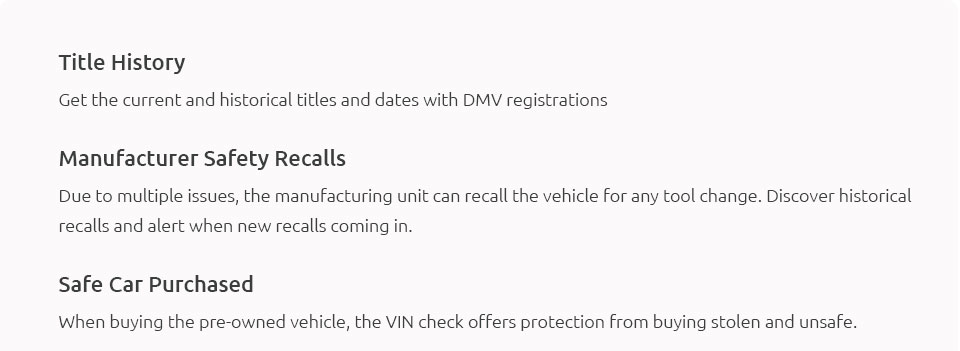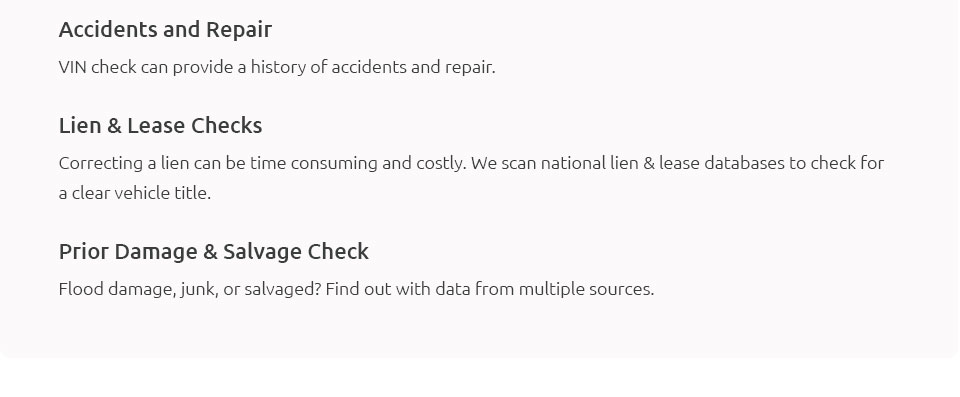 |
 |
 |
 |
 |
||
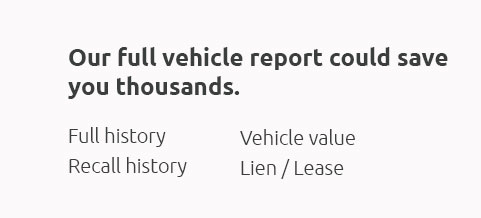 |
 |
|
 |
 |
|
 |
 |
 |
 |
||
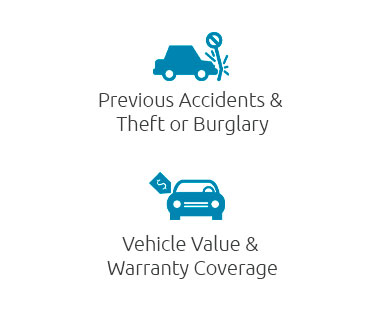 |
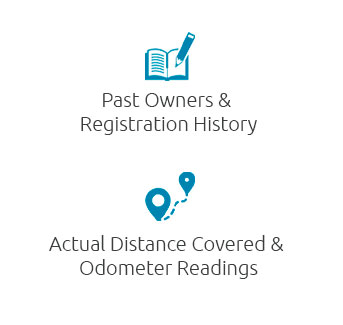 |
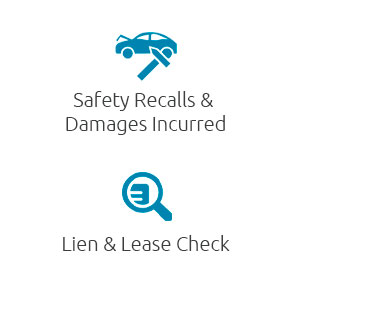 |
 |
 |
 |
||||
|
||||
 |
 |
Understanding Vehicle Weight Lookup by VIN: A Comprehensive GuideIn the modern automotive world, information is king. Whether you're a car enthusiast, a potential buyer, or simply a curious individual, having access to detailed vehicle data can be invaluable. One such piece of data, often overlooked yet critically important, is the vehicle's weight. While it might not be the first thing that comes to mind when considering a car's specifications, vehicle weight can influence fuel efficiency, safety, and even insurance rates. So, how does one uncover this crucial detail? Enter the Vehicle Identification Number, more commonly known as the VIN. The VIN is a unique code assigned to every motor vehicle when it's manufactured. Comprising 17 characters, this alphanumeric sequence serves as the car's fingerprint, detailing its identity and history. While its primary function is to track recalls, registrations, warranty claims, thefts, and insurance coverage, it also offers a gateway to a wealth of other data, including the vehicle's weight. But why is knowing a vehicle's weight so important? And how exactly can one extract this information from a VIN? First and foremost, understanding a vehicle's weight is paramount for several reasons. For one, it plays a pivotal role in determining fuel efficiency. Generally, the heavier a vehicle, the more fuel it requires to move, which in turn affects the car's mileage and overall environmental footprint. Moreover, weight is directly linked to safety. In the unfortunate event of a collision, heavier vehicles tend to fare better, providing more protection to occupants. However, they might also pose a greater risk to others on the road. Furthermore, insurance companies often consider weight when assessing risk, which can influence premium costs. Extracting vehicle weight using a VIN is a relatively straightforward process, albeit one that might require a touch of diligence. Several online platforms and services specialize in VIN decoding, offering users detailed vehicle specifications, including weight. Some automotive manufacturers also provide online tools for this purpose. By inputting the VIN into these platforms, users can access a comprehensive breakdown of the vehicle's features, from the engine type to the weight specifications. However, it's worth noting that while many of these services are free, some might require a nominal fee for full access. While these platforms are undeniably convenient, one could argue that they occasionally oversimplify the wealth of information a VIN can provide. After all, there's something inherently satisfying about deciphering the code oneself, akin to piecing together a puzzle. For those inclined to take the DIY route, vehicle weight can often be found in the owner's manual or on the vehicle's compliance plate, usually located in the engine bay or on the driver's side door jamb. As with any tool, the key to maximizing the benefits of VIN lookup lies in understanding its limitations. While it provides a wealth of information, it doesn't account for modifications made post-manufacture, such as aftermarket additions that might alter the vehicle's weight. Additionally, discrepancies can occasionally arise due to data entry errors or updates in automotive databases. Thus, it's always wise to cross-reference any findings with other reliable sources. In conclusion, the ability to determine a vehicle's weight using its VIN is an invaluable resource, offering insights that can influence buying decisions, enhance safety, and optimize costs. In a world where knowledge is power, understanding this aspect of vehicle data equips individuals with the confidence to make informed automotive choices. So, the next time you encounter a vehicle and wonder about its weight, remember that the answer lies within those 17 characters, waiting to be uncovered. https://equipmentwatch.com/serial-number-vin-app/
Enter a VIN to decode make, model and verified year along with vehicle category and gross vehicle weight (GVW). VINs for 13K+ Commercial Trucks and 76K+ Cars ... https://www.quora.com/How-do-I-find-the-curb-weight-of-a-vehicle-by-VIN
You can't the VIN doesn't contain that information. It tells you the model, the factory, the engine, the transmission, the color, ... https://www.youtube.com/watch?v=wd7DscUwMp0
and safety investigators use when they don't have the vehicle near by to check the official VIN label for the Gross Vehicle Weight Rating ...
|

